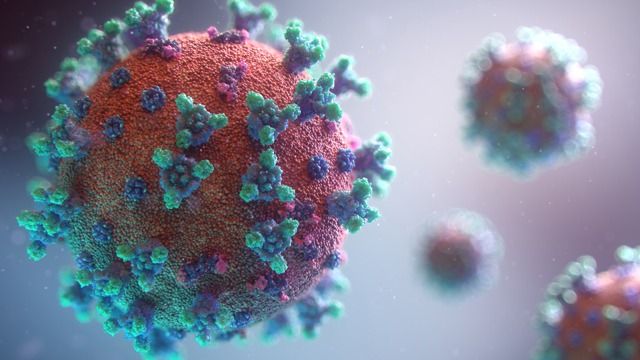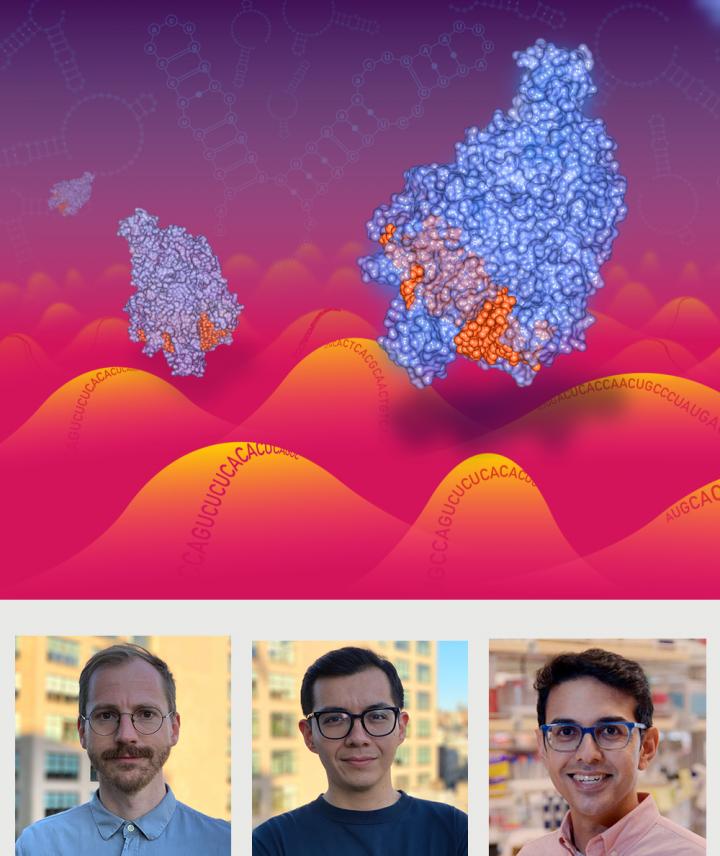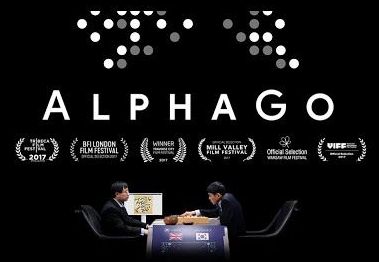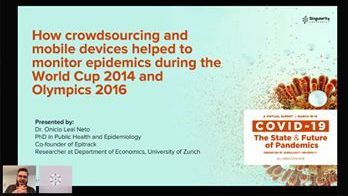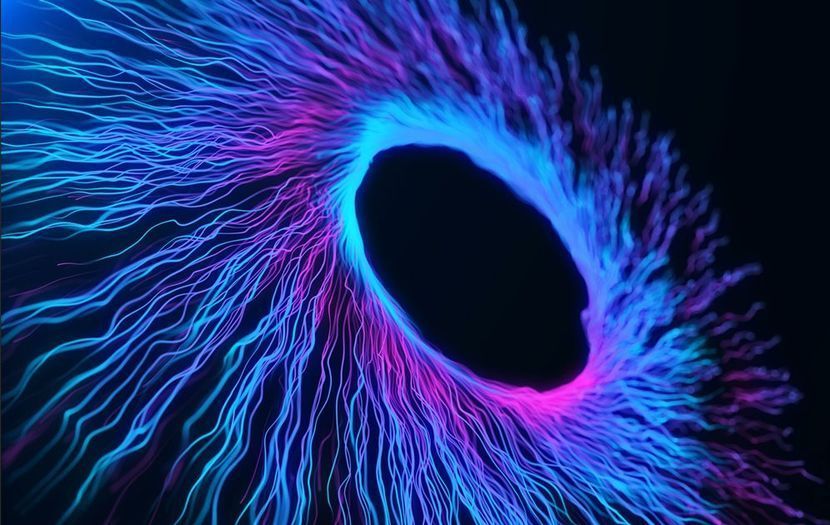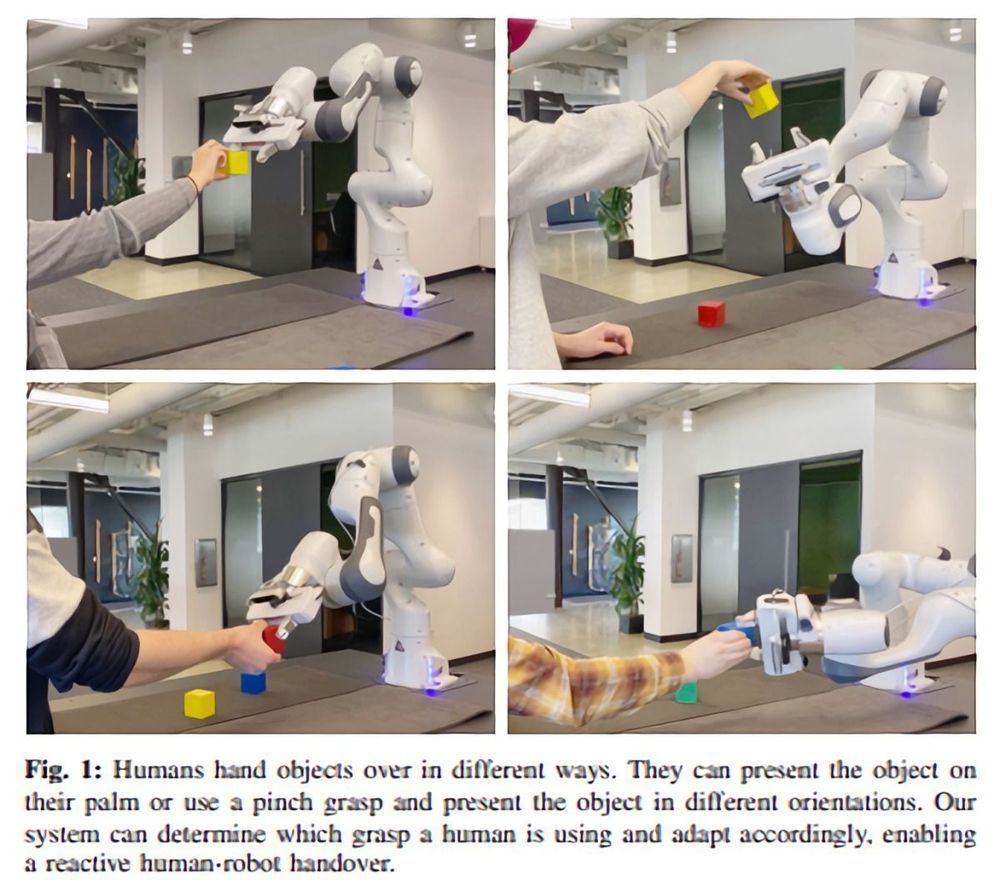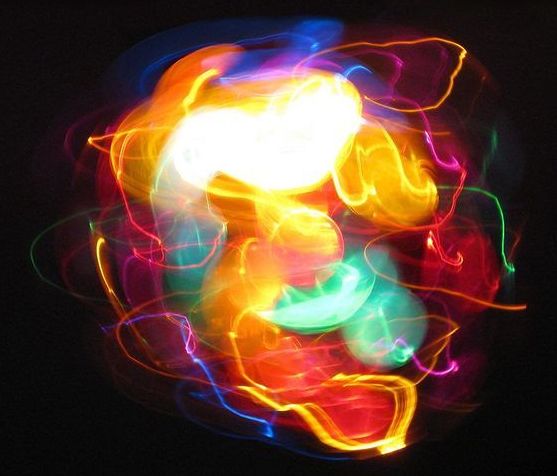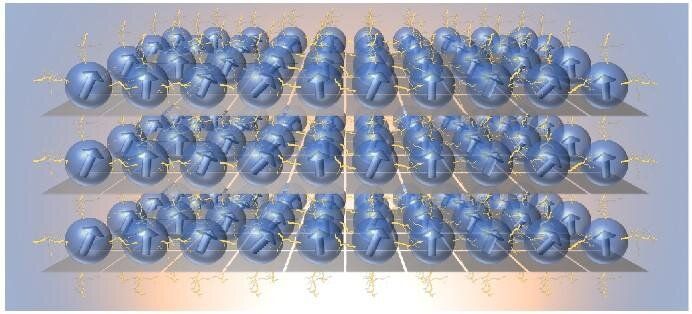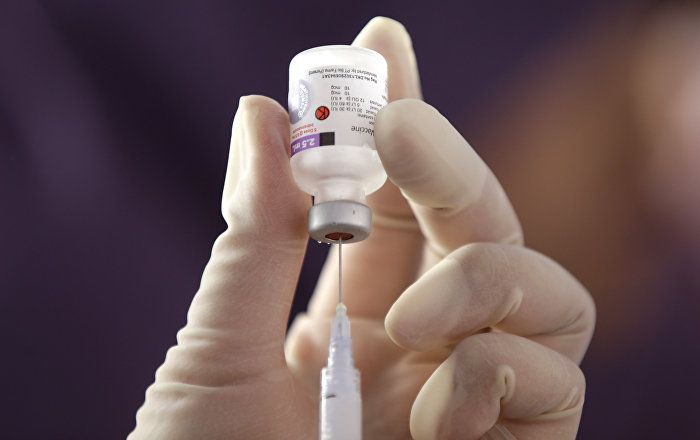Mar 18, 2020
First Report of Human Monoclonal Antibody That Blocks SARS-CoV-2
Posted by Quinn Sena in categories: biotech/medical, materials
A preprint of a study conducted by researchers from Utrecht University, in collaboration with Erasmus MC and Harbor BioMed, outlines the first report of a human monoclonal antibody that can block SARS-CoV-2.
Understanding antibodies: Terms and definitions
Antibodies are proteins that are produced by certain cells of the immune system known as B cells. They are able to bind to “foreign” material that tries to invade the body, such as pathogens, and directly neutralize them or trigger an immune response. This is achieved by binding of the antibody to an antigen, a specific molecule present on the pathogen.
